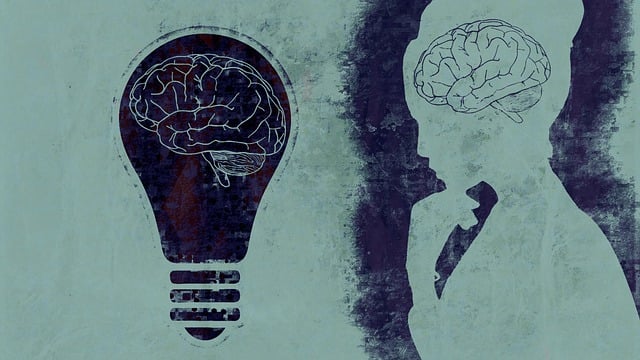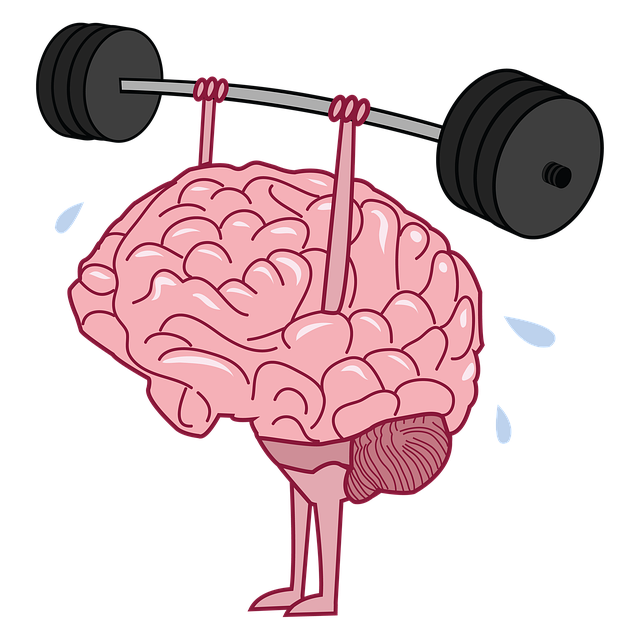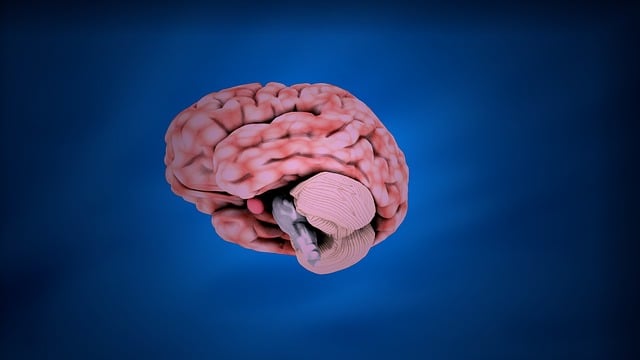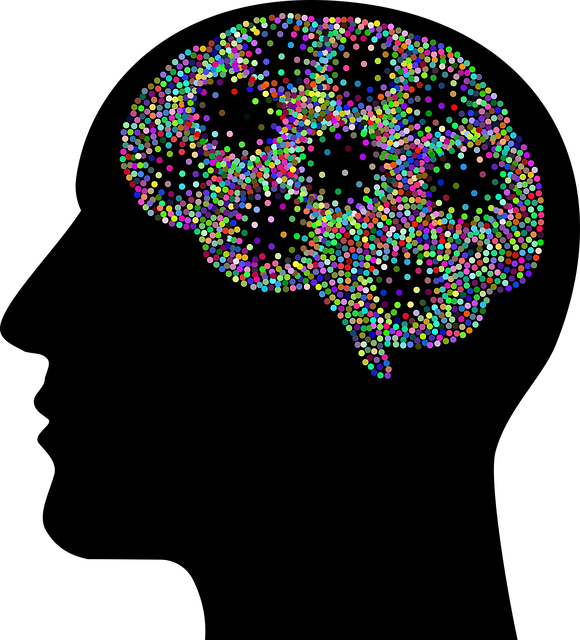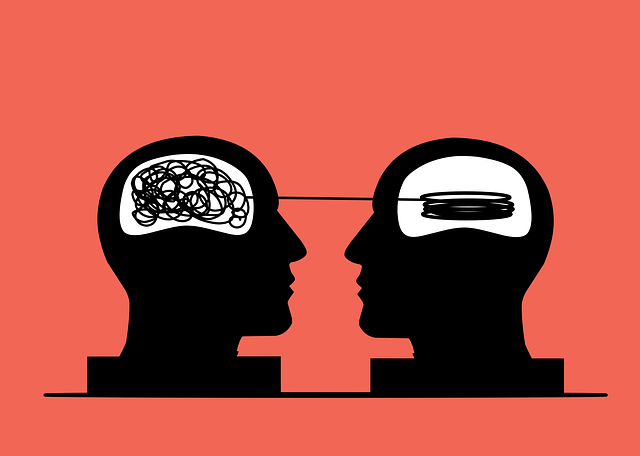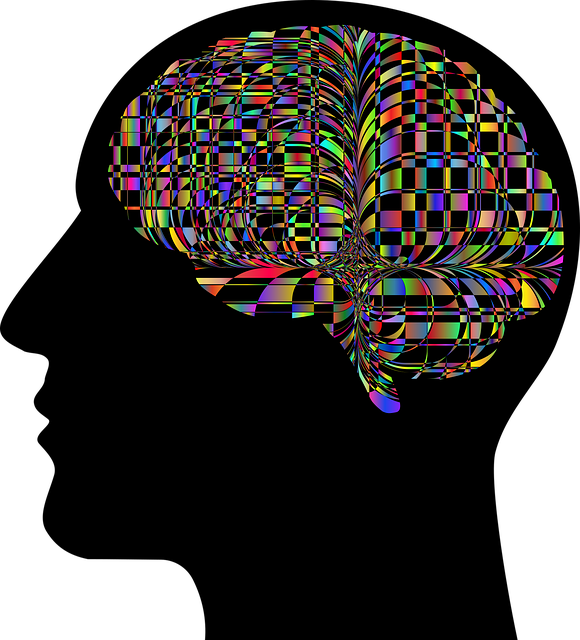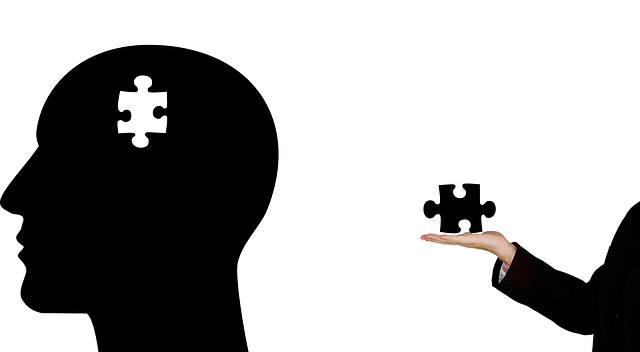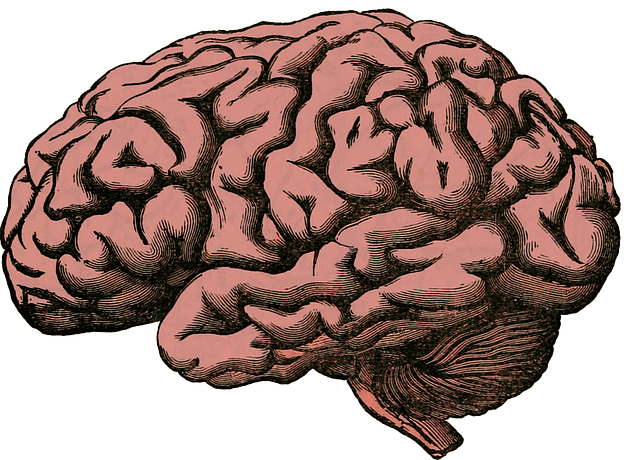Wheat Ridge Men's Issues Therapy prioritizes cultural sensitivity in mental healthcare, ensuring effective treatment for diverse clients. By understanding and respecting individuals' cultural backgrounds – from religion to sexual orientation – therapists build trust and offer personalized interventions like mindfulness exercises and language-specific journaling. This tailored approach not only addresses crises but promotes deep emotional growth within an inclusive environment, achieving exceptional therapeutic outcomes as evidenced by reduced anxiety and depression symptoms among male patients.
In today’s diverse society, cultural sensitivity is paramount in mental healthcare. The article explores how understanding and incorporating cultural diversity enhances therapy outcomes at facilities like Wheat Ridge Men’s Issues Therapy. We delve into the impact of cultural sensitivity, challenges faced, and practical strategies for implementation. Through case studies, we demonstrate successful approaches that foster inclusive care, ultimately improving client outcomes. Discover how culturally competent practices revolutionize mental health support in our communities.
- Understanding Cultural Diversity in Mental Health Care
- The Impact of Cultural Sensitivity on Therapy Outcomes
- Challenges and Barriers to Providing Culturally Competent Care
- Strategies for Incorporating Cultural Sensitivity in Wheat Ridge Mens Issues Therapy
- Case Studies: Successful Implementation of Cultural Sensitivity in Practice
Understanding Cultural Diversity in Mental Health Care

In today’s diverse society, mental healthcare professionals must embrace cultural sensitivity to provide effective treatment for all individuals. Cultural diversity extends beyond race and ethnicity; it encompasses a wide range of factors including religion, language, sexual orientation, gender identity, and socio-economic status. At Wheat Ridge Mens Issues Therapy, we recognize that these aspects significantly influence an individual’s experience with mental health issues and their approach to healing. Understanding these nuances is crucial for building trust and fostering meaningful connections with clients from varied backgrounds.
By incorporating cultural sensitivity into therapy sessions, we can tailor interventions to align with clients’ beliefs, values, and traditions. This means being open to different emotional healing processes, respecting individual expressions of gender and sexuality, and incorporating cultural practices such as mindfulness or ritualistic self-care, where appropriate. Our goal is to provide not just crisis intervention guidance but also support that resonates deeply with each client’s unique identity, ensuring a safe and inclusive environment for emotional growth and recovery.
The Impact of Cultural Sensitivity on Therapy Outcomes

Cultural sensitivity plays a pivotal role in shaping the outcomes of therapy for men seeking mental healthcare, particularly in areas like Wheat Ridge Mens Issues Therapy. By recognizing and respecting the cultural nuances of each client, therapists create an environment that fosters trust and engagement. This is essential as it enables individuals to openly discuss their challenges and experiences without fear of judgment or misunderstanding. For instance, certain cultural practices and beliefs may influence how a person expresses distress or seeks support, and a culturally sensitive therapist can adapt their approach accordingly.
This adaptability enhances the therapeutic process, allowing for the development of tailored interventions. Self-awareness exercises, coping skills development, and stress reduction methods can be presented in ways that resonate with diverse cultural backgrounds. As therapists navigate these differences, they empower clients to adopt healthy strategies that align with both their personal values and cultural identities, ultimately leading to improved therapy outcomes.
Challenges and Barriers to Providing Culturally Competent Care

Providing culturally competent care presents several challenges and barriers for mental healthcare professionals. One significant hurdle is understanding and appreciating the diverse cultural beliefs, values, and practices that shape an individual’s mental health experience. Every client brings their unique cultural lens, which can significantly impact how they express and perceive distress, seek help, and respond to treatment. For example, concepts of mental illness and healing vary across cultures, with some communities emphasizing spiritual or community-based interventions rather than Western psychiatric treatments.
Another barrier is language, especially when working with clients from diverse linguistic backgrounds. Effective communication requires not just verbal skills but also cultural sensitivity in interpreting non-verbal cues and understanding nuances in how information is shared and received. This challenge can be mitigated through the use of interpreters or translation services, along with training in cross-cultural communication. Additionally, institutions like Wheat Ridge Mens Issues Therapy can foster a more inclusive environment by integrating Mental Wellness Journaling Exercise Guidance, Stress Management Workshops Organization, and Mental Health Policy Analysis and Advocacy into their practices to address cultural disparities and promote mental health equity.
Strategies for Incorporating Cultural Sensitivity in Wheat Ridge Mens Issues Therapy

Incorporating cultural sensitivity into Wheat Ridge Mens Issues Therapy is essential for fostering inclusive and effective treatment environments. Therapists can begin by actively listening to and understanding clients’ cultural backgrounds, beliefs, and values. This involves creating a safe and non-judgmental space where men feel comfortable sharing their unique perspectives and experiences. By doing so, therapists gain valuable insights that enable them to tailor their approaches, ensuring the interventions align with the client’s cultural context.
Additionally, integrating practices like mindfulness meditation and mental wellness journaling exercises can be culturally sensitive strategies. These techniques have been shown to enhance resilience building while respecting individual differences. For example, guiding clients through mindful breathing or encouraging them to keep a journal in their native language or using familiar cultural references can increase engagement and promote healing. Such personalized guidance allows for a deeper connection between the therapist and client, ultimately enriching the therapeutic process within Wheat Ridge Mens Issues Therapy.
Case Studies: Successful Implementation of Cultural Sensitivity in Practice

In the realm of mental healthcare, cultural sensitivity is a game-changer, especially when addressing men’s issues as highlighted by Wheat Ridge Mens Issues Therapy. Case studies demonstrate that incorporating cultural awareness can significantly enhance therapeutic outcomes. For instance, a study focused on a multicultural group of male patients revealed that therapists who tailored their approach to individual cultural backgrounds effectively reduced symptoms of anxiety and depression. By respecting and understanding each patient’s unique cultural context, therapists fostered an environment of trust, encouraging open communication and active engagement in therapy.
This approach not only aids in the successful treatment of mental health disorders but also promotes resilience building and conflict resolution techniques that are culturally relevant. For men from diverse backgrounds, this personalized care can be transformative, providing tools to navigate life’s challenges while respecting their cultural identities. Effective implementation, as seen in various case studies, underscores the importance of cultural sensitivity in mental healthcare, ensuring every patient receives the highest quality, compassionate support tailored to their specific needs and background.
Cultural sensitivity in mental healthcare is not just a preference, but an essential component for effective therapy outcomes. As evidenced by the case studies and strategies outlined in this article, incorporating cultural competency into practices like Wheat Ridge Men’s Issues Therapy can significantly enhance patient care and satisfaction. By understanding diverse cultural contexts, navigating challenges, and adopting inclusive approaches, mental health professionals can create a supportive environment that resonates with clients from various backgrounds, ultimately fostering positive transformations.

